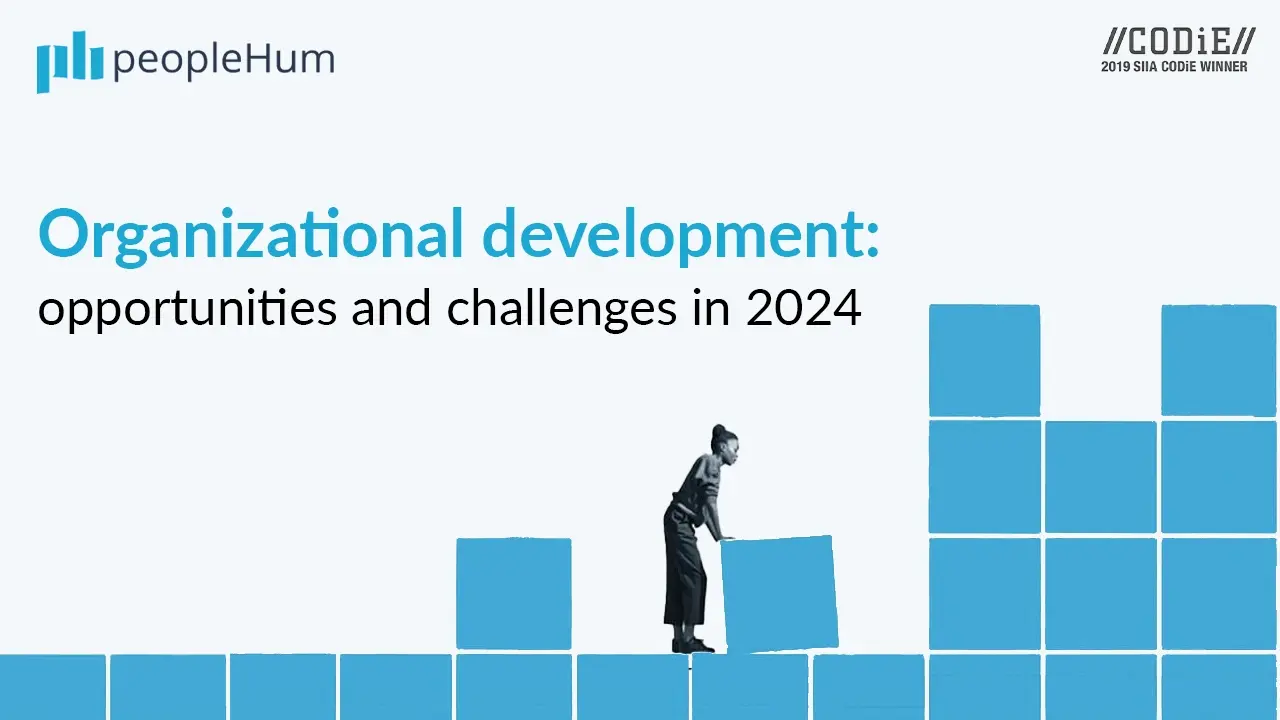-
Culture
What is individualism and collect culture
Culture is a singular factor that can have an influence on people’s behaviour at the workplace. The notions attributed to collectivist and individualistic cultures are well recognised and frequently pitted against one another. These two cultures may seem different, but they’re not enemies! Cross-cultural psychologists study how people work together, finding both unique traits and surprising similarities.
When comparing the United States and China, there is a huge difference in Hofstede’s individualism-collectivism dimension. On the individualism index, the United States has an index number of 91 out of the full score of 100, whereas China has a significantly lower index score at 20.
In the clash between Western collectivism and Eastern collectivism, the former prioritizes the group, while the latter emphasizes the individual. Western collectivism focuses on the group, while Eastern collectivism emphasizes the individual. Both influence leadership and organizational management. In reality, leadership combines both styles, creating a cultural mosaic of diverse approaches. It reflects the complexity of leadership in our globalized world.
Geert Hofstede and the Cultural Dimensions Theory
In today’s interconnected global world, cultural differences in leadership have taken the spotlight in discussions everywhere. Professor Geert Hofstede’s Cultural Dimensions Theory, a renowned framework for cross-cultural interactions, revolves around six key dimensions and sheds light on culture’s impact on workplace values. Among these dimensions, individualism versus collectivism in business stands out as a crucial factor in Hofstede’s Cultural Dimensions Index.
Hofstede defined culture as, “The collective programming of the mind distinguishing the members of one group or category of people from others.”
Culture is a dynamic subject of research and discussion. An organization’s culture is shaped by its perception, evaluation, and response to internal and external factors,Culture is a singular factor that can have an influence on people’s behaviour at the workplace. The notions attributed to collectivist and individualistic cultures are well recognised and frequently pitted against one another. These two cultures may seem different, but they’re not enemies! Cross-cultural psychologists study how people work together, finding both unique traits and surprising similarities.When comparing the United States and China, there is a huge difference in Hofstede’s individualism-collectivism dimension. On the individualism index, the United States has an index number of 91 out of the full score of 100, whereas China has a significantly lower index score at 20.
In the clash between Western collectivism and Eastern collectivism, the former prioritizes the group, while the latter emphasizes the individual. Western collectivism focuses on the group, while Eastern collectivism emphasizes the individual. Both influence leadership and organizational management. In reality, leadership combines both styles, creating a cultural mosaic of diverse approaches. It reflects the complexity of leadership in our globalized world.
Geert Hofstede and the Cultural Dimensions Theory
In today’s interconnected global world, cultural differences in leadership have taken the spotlight in discussions everywhere. Professor Geert Hofstede’s Cultural Dimensions Theory, a renowned framework for cross-cultural interactions, revolves around six key dimensions and sheds light on culture’s impact on workplace values. Among these dimensions, individualism versus collectivism in business stands out as a crucial factor in Hofstede’s Cultural Dimensions Index.
Hofstede defined culture as, “The collective programming of the mind distinguishing the members of one group or category of people from others.”
Culture is a dynamic subject of research and discussion. An organization’s culture is shaped by its perception, evaluation, and response to internal and external factors, impacting behavior and overall performance. and Culture is a singular factor that can have an influence on people’s behaviour at the workplace. The notions attributed to collectivist and individualistic cultures are well recognised and frequently pitted against one another. These two cultures may seem different, but they’re not enemies! Cross-cultural psychologists study how people work together, finding both unique traits and surprising similarities.
When comparing the United States and China, there is a huge difference in Hofstede’s individualism-collectivism dimension. On the individualism index, the United States has an index number of 91 out of the full score of 100, whereas China has a significantly lower index score a 20.
In the clash between Western collectivism and Eastern collectivism, the former prioritizes the group, while the latter emphasizes the individual. Western collectivism focuses on the group, while Eastern collectivism emphasizes the individual. Both influence leadership and organizational management. In reality, leadership combines both styles, creating a cultural mosaic of diverse approaches. It reflects the complexity of leadership in our globalized world.
Geert Hofstede and the Cultural Dimensions Theory
In today’s interconnected global world, cultural differences in leadership have taken the spotlight in discussions everywhere. Professor Geert Hofstede’s Cultural Dimensions Theory, a renowned framework for cross-cultural interactions, revolves around six key dimensions and sheds light on culture’s impact on workplace values. Among these dimensions, individualism versus collectivism in business stands out as a crucial factor in Hofstede’s Cultural Dimensions Index.
Hofstede defined culture as, “The collective programming of the mind distinguishing the members of one group or category of people from others.”
Culture is a dynamic subject of research and discussion. An organization’s culture is shaped by its perception, evaluation, and response to internal and external factors, impacting behavior and overall performance.
https://www.peoplehum.com/blog/culture-and-influence-in-the-workplace-collectivism-individualism
peoplehum.com
Organization Development: Opportunities and Challenges in 2024 | peopleHum | peopleHum
The goal of organisational development is to help companies adapt to changes in the industry, Discover the key to organizational development success in 2024

